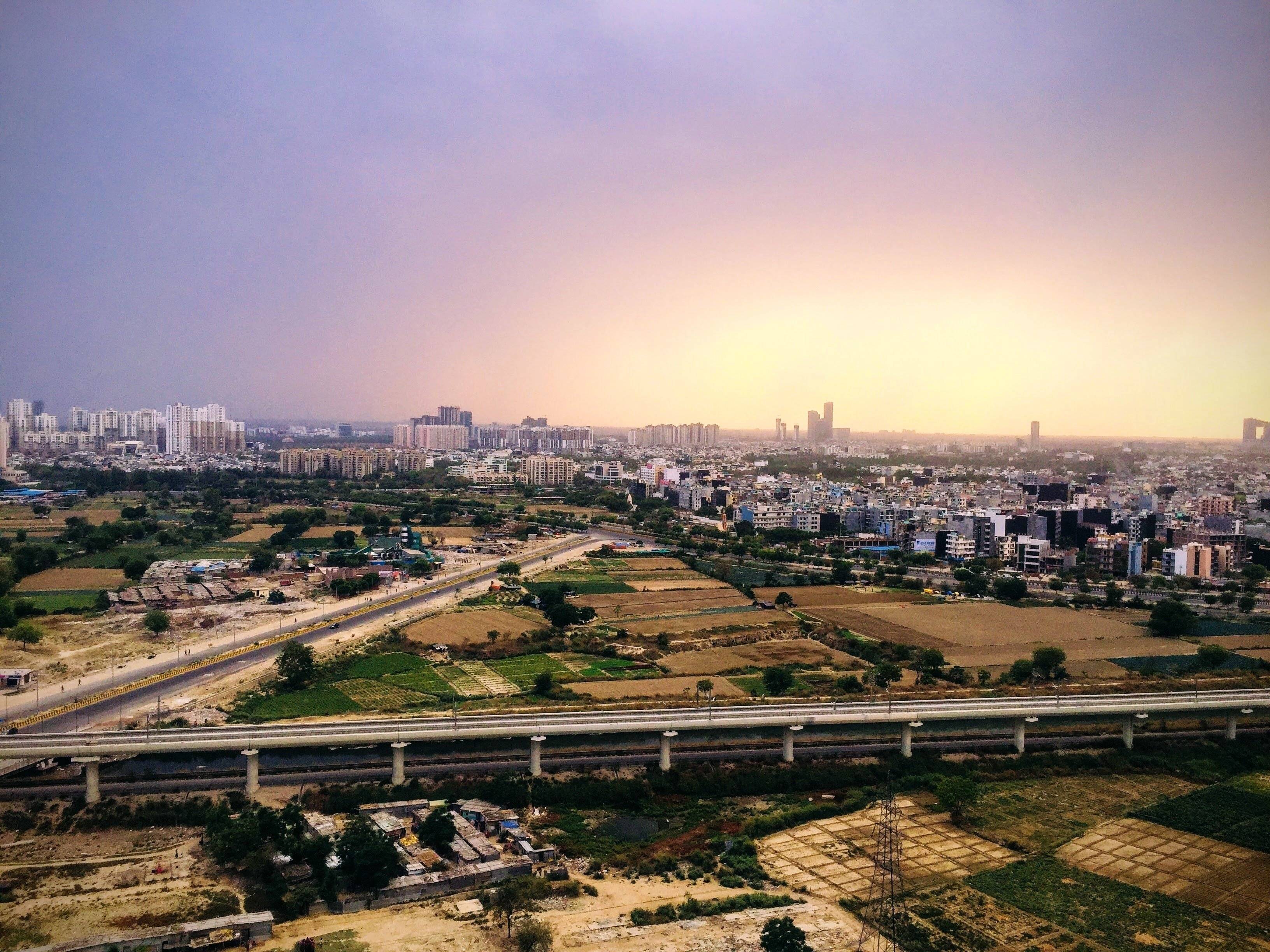Ghaziabad: In a surprising twist of events, numerous flats in Ghaziabad that are unregistered with the government have been handed over to buyers, leading to concerns over compliance and revenue loss. The Uttar Pradesh government has now instructed officials to compile a list of developers involved in these irregularities.
According to Section 13 of the UP Apartment Act and the Stamp Act of 1899, developers are legally required to register flats before granting possession to buyers. The Supreme Court has clarified that handing over flats without completion and safety clearances, such as firefighting certificates, is illegal and constitutes a service deficiency under the Consumer Protection Act. The court further emphasized that buyers cannot be forced to accept possession under these conditions.
"Many builders are giving flats to buyers through sale agreements without completing the required registration process, even though they have occupancy and completion certificates. This is causing a big financial loss for the government, with around 600 flats in Ghaziabad handed over without registration, leading to an estimated loss of ₹12,000 crore. The housing department is now collecting information on these unregistered flats, and a report is being prepared," said an official from the Ghaziabad Development Authority (GDA).
The district administration previously filed FIRs against three developers in 2018 for similar issues, as they had not registered properties despite receiving full payment and handing over possession.
One vigilant homebuyer claimed that developers have hidden motives for delaying flat registrations. According to the buyer, developers maintain control of the society until most flats are registered with the government, allowing them to charge residents high maintenance fees and generate significant profits. Once the flats are registered, the Apartment Owners Association (AOA) or Resident Welfare Association (RWA) takes over maintenance. Developers also profit from inflated power bills by purchasing electricity at government rates and selling it to residents at higher prices. After registration, however, buyers gain full ownership rights, which reduces the builder's control and profits.









.png)